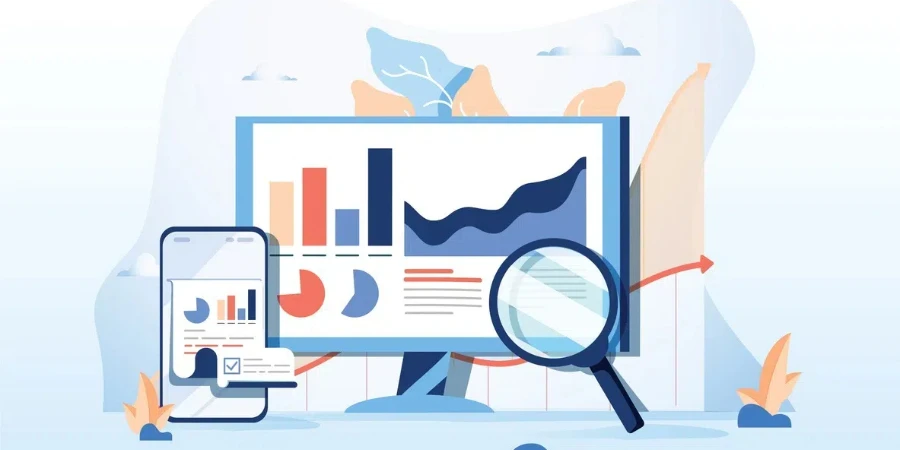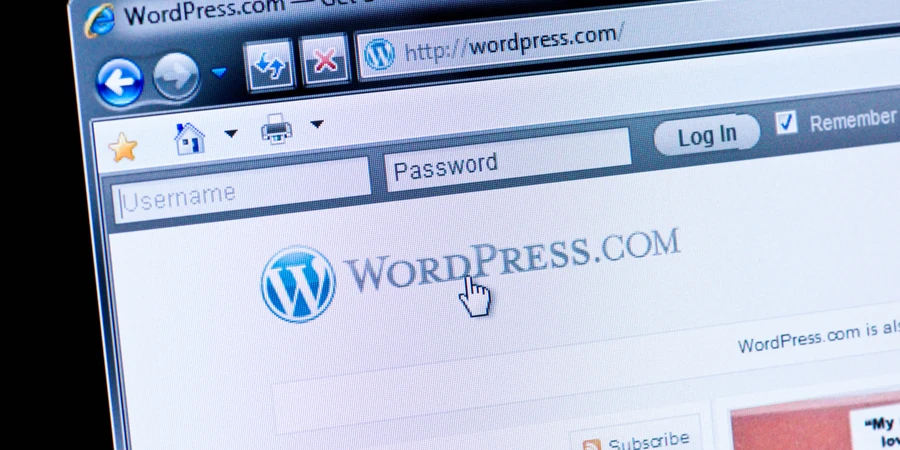Table of Contents
1. What is business reporting?
2. How business reporting helps manage business
3. Why track your data?
4. The importance of tracking your historical data
5. Wrap up
Ever wondered how some businesses seem to predict the future, making one successful move after another? The secret lies in their business reporting.
Whether it’s determining the right time to hire new staff, adjusting your service pricing, improving your website, or deciding on your next investment, having the right information is key. Business reporting might sound like a mundane task, but it’s a powerful tactic that can greatly improve your company.
Read on to see how having the right information, presented in the right way, at the right time, can help you make better decisions for your business.
What is business reporting?
Business reporting isn’t just a formality – it’s a key tool that helps businesses succeed in a competitive market. By gathering, analyzing, and presenting data about activities and performance, companies gain insights that drive smart decisions. This process highlights areas for improvement and opportunities, making it essential for strategic planning and success.
Moreover, business reporting helps keep everyone in the loop and accountable. It makes sure that employees, managers, and investors all know how the company is doing and where it’s headed. Regular and accurate reports build trust because they show a clear picture of the company’s financial health and operations. This transparency isn’t just about following the rules – it’s also about improving investor confidence and the company’s reputation, leading to long-term success.
How business reporting helps manage business
We can’t stress this enough: business reporting is crucial for your decision-making, strategy development, and performance tracking. This also enables companies to make informational decisions that boost growth and efficiency.
Here’s how business reporting benefits you:
- Clear performance picture: Gives you detailed insights into your financial performance, operational efficiency, customer satisfaction, and market trends
- Enhanced communication: Helps improve communication and collaboration within your organization by sharing relevant data across departments
- Regulatory compliance: Makes sure all the necessary information is documented and reported accurately to meet regulatory requirements
For example, imagine you’re running a campaign and want to see its impact. Business reporting allows you to track performance in real-time, adjust your strategies as needed, and stay on the right path to achieve your goals.
Why track your data?
Tracking your data doesn’t just tell you what happened – it reveals significant patterns and trends that can (and will) shape your future. Consider these key benefits:
- Regularly tracking data helps you see how well you’re meeting your goals and where you might need to improve
- Accurate data helps you make decisions based on facts, not gut feelings, reducing risks and improving your efficiency
The importance of tracking your historical data
Keeping a detailed record of your business data is like having a secret weapon. Here’s why historical data is a goldmine:
Tracks development over time
Historical data is like a highlight reel of your business’s journey, showing how far you’ve come and which strategies worked (or didn’t – oops). It’s like watching your business grow up.
Tracking your progress over time helps you spot long-term trends and patterns. This gives you valuable insights into what’s driving your business’s performance and helps you come up with strategies to keep growing.
For example, you might see that certain marketing campaigns always bring in high returns, while others don’t. By focusing on what works best, you can fine-tune your marketing efforts and get better results.
Enhances strategic planning
Use your data’s backstory to set realistic goals and plan actionable steps. It’s like having a blueprint for success. Historical data helps you set benchmarks and identify key performance indicators.
A retail company noticed a consistent dip in sales during certain months by looking at their historical data. By launching targeted marketing campaigns and promotions during these slow periods, they boosted sales and smoothed out revenue fluctuations throughout the year.
Supports market analysis
Go back into past data to understand market shifts and customer preferences, giving you an edge in the competition. Historical data analysis can reveal patterns in consumer behavior, helping you tailor your marketing efforts to better meet customer needs.
Improves decision-making
With a clear view of past performance, you can make smarter, data-driven decisions that push your business forward. This includes decisions on inventory management, product development, and market expansion based on historical sales and market data.
Wrap up
Tracking and analyzing your business’s past data is key to making smart decisions, setting realistic goals, and spotting growth opportunities. Business reporting helps you see how well you’re doing, improve communication, stay compliant, and understand market trends. It turns your data into insights that keep you ahead of the game.
Source from Omnisend
Disclaimer: The information set forth above is provided by omnisend.com independently of Alibaba.com. Alibaba.com makes no representation and warranties as to the quality and reliability of the seller and products. Alibaba.com expressly disclaims any liability for breaches pertaining to the copyright of content.








